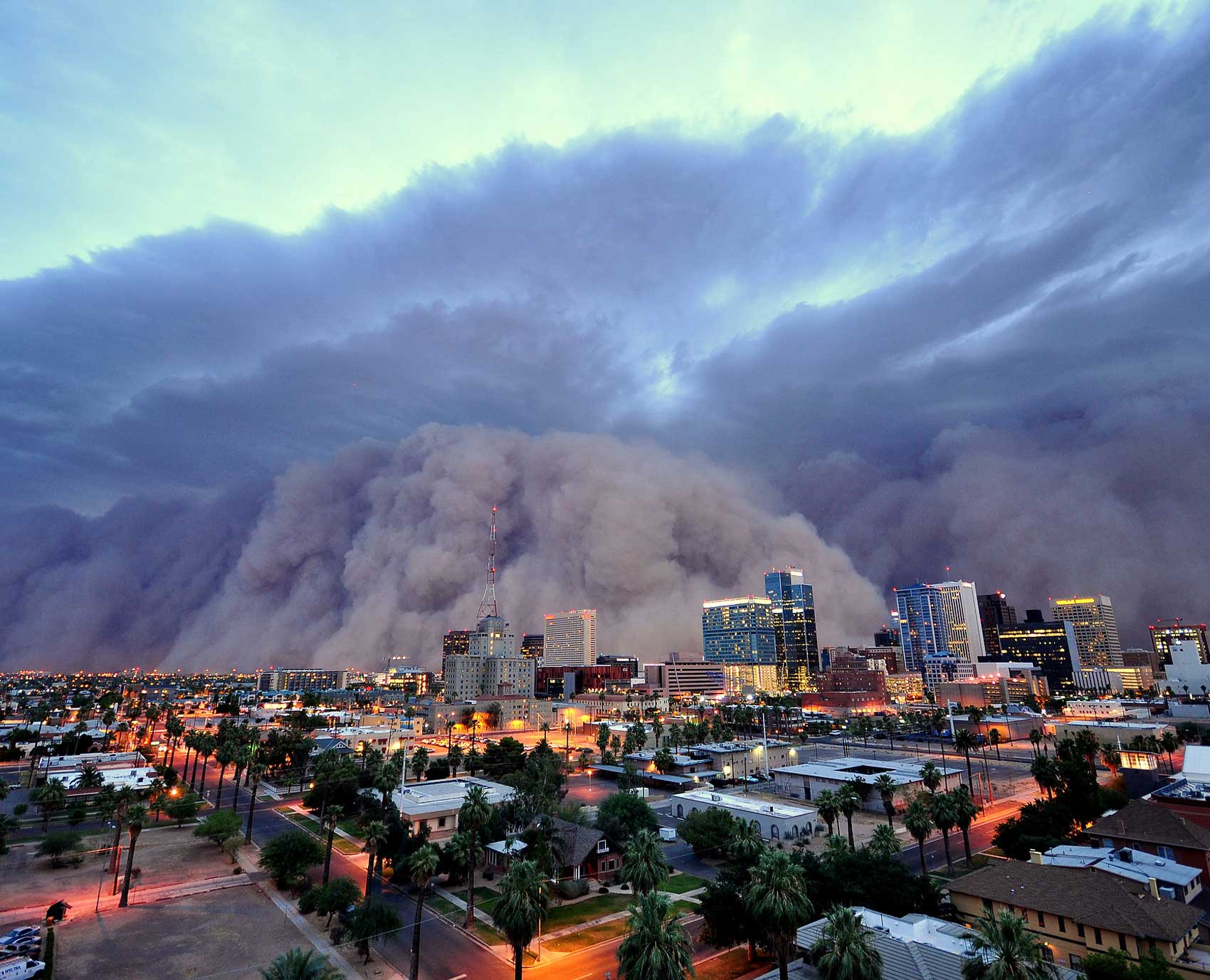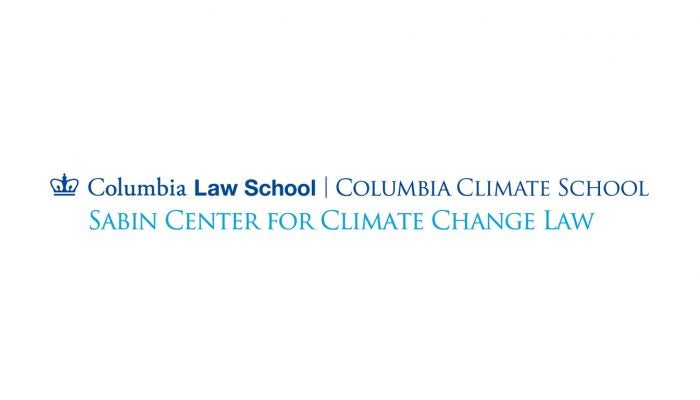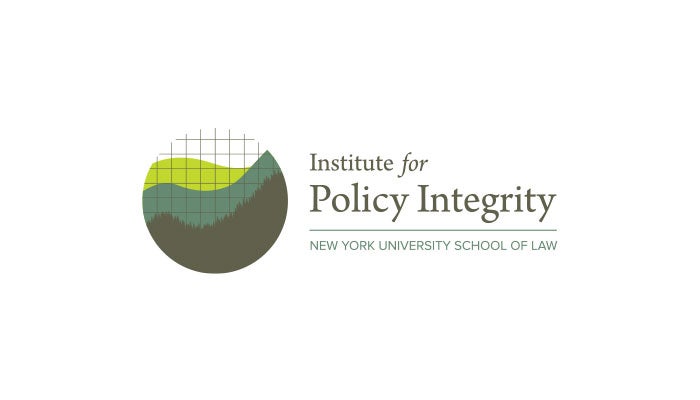Initiative on Climate Risk and Resilience Law
The Initiative on Climate Risk and Resilience Law (ICRRL) is a partnership focused on legal efforts on climate risk and resilience, particularly at the intersection of practice and scholarship. ICRRL is dedicated to driving recognition of climate risk and resilience through:





